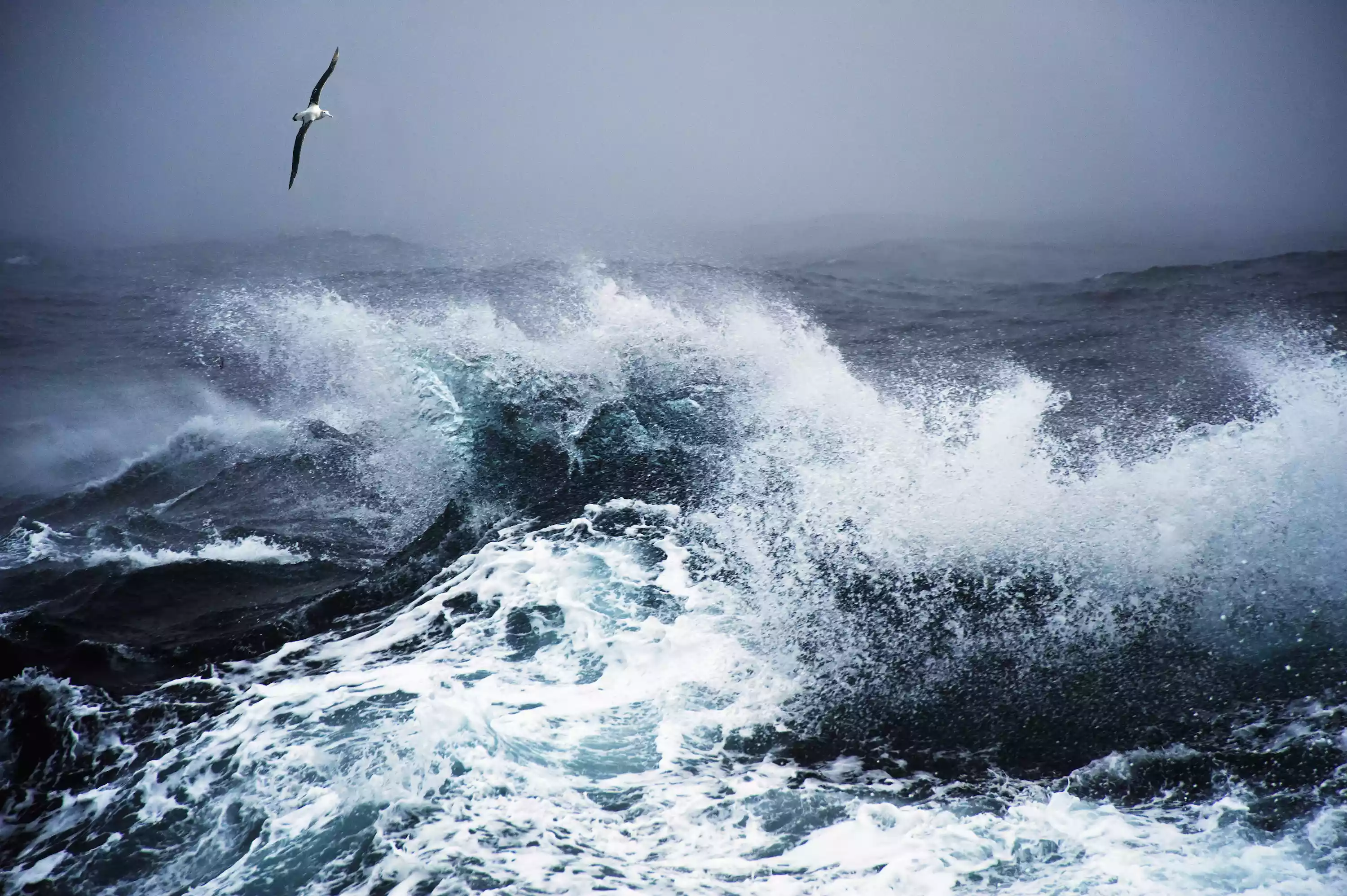Essays, Not Rants! 072: Humanity, Hubris, and Canceling The Apocalypse
Did you ever read The Day of the Triffids? It’s by John Wyndam and was probably the first piece of proper post-apocalyptic fiction I read ten years ago. It’s typical of the genre. We’ve got the world impairing event, the monsters that begin wiping out humanity, and of course the few survivors who band together to try and find a way to continue civilization. It’s a classic.
Now, like I’ve said before, science fiction provides a great way to examine reality and the issues therein. As such, it’ll heavily reflect the world in which it was written. So let’s see what The Day of the Triffids says about culture then. It was written in 1951, six years after Hiroshima and Nagasaki. Post-apocalyptic fiction began to flourish then, reflecting the horrific visions of what humanity could do and how we kept looking for more ways to destroy the world. This is what happens in Triffids; nukes in space blind most of the population and genetically engineered killer plants set about, well, killing people. Humanity brought this on themselves, their hubris caused the apocalypse.
We see this in more recent (post)-apocalyptic fiction too. In The Terminator we created Skynet with our computers; in The Matrix our drive to technology created The Machines and enslaved us. Within this and, yes, Day of the Triffids and countless zombie movies too, lies the implicit fear that as society delves into technology we’ll destroy ourselves. The solutions vary. InThe Terminator our heroes destroy the evil technology. The heroes of The Matrix and The Day of the Triffids find a way to overcome their creations to create a new civilization. It could be argued that it reflects some of the sentiment we find today; the world’s so screwed up the only solution is to start over.
Yet the trend in recent fiction has been to focus less on the how of the apocalypse and more on the what now. We never find out what caused the fungal outbreak in The Last of Us, but we do see Joel and Ellie develop twenty years later. In Zombieland, Columbus mentions that no one knows where the zombies come from. No longer are we watching us destroy ourselves, now we’re figuring out what we’re doing in the aftermath. We see the relationships form, we see the recreation of a family. Fiction like The Last of Us and Zombieland presents a world where the protagonists are handed a lousy hand and make the most of it. Starting over may be rough, but there remains that glimmer of hope.
If anything, Pacific Rim takes that conceit and fires it at other apocalyptic fiction. Suddenly, the technology classically feared is not the root of our problems but instead a savior. As protagonist Raleigh puts it early on: “You see a hurricane coming, you get out of the way. But when you’re in a Jaeger, you can finally fight the hurricane. You can win.” Today’s culture is reflected in Pacific Rim in that technology isn’t something to be feared, but something to be used. How? To fight back against what we cannot control and to become closer to one another.
Pacific Rim introduces drifting, two people sharing a mind to control a Jaeger. The closer the pilots’ bond, the better they’ll fight. We love to deride the Internet and all as the death of true relationships, but Pacific Rim accepts this sort of digital connection and physicalizes it. With that, the film acknowledges the growing global identity facilitated by these connections. The heroes in Pacific Rim aren’t just all-Americans; we have an international coalition of Americans, Japanese, Australians, Russians, British, Chinese, and Idris Elba saving the world together.
It all culminates with where Pacific Rim goes with its story. It doesn’t matter who you are; if you’re a self-perceived failure, an egotistical kid with daddy issues, a haunter young woman, or a research scientist you can hardly walk properly: you can save the world, you can be a rockstar. It is paramount that Pacific Rim takes place before the world ends: the protagonists refuse to accept it. When the authorities opt to cancel the resistance and to hide behind a wall instead, the heroes choose to fight on. In the traditional pre-final mission heroic speech, Stacker Pentecost declares that they will “face the monsters that are at our door and take the fight to them!”, they will stand up the end of the world because they refuse to accept that the world they’re given. We don’t need to start over from scratch, we can make a better world with what we have. Or as he says a moment later: “Today we are canceling the apocalypse!” It’s no longer important who caused the end of the world: we’re stopping it.
Jon Foreman wrote a piece for the HuffingtonPost a few years ago reflecting this dream of a better world. As he says: “Against all odds, against all that we know about this world, we could choose to hope for a better one — to hope for love, for peace, for a form of contentment and solace that we have never fully realized.” Pacific Rim is saying the same thing: no matter how bleak the world may seem, we can hope to save it, to fix it. It isn’t so much that we’re no longer blaming ourselves for the world gone wrong; it’s that we know we can make it better, with or without giant robots.
Though giant robots would be nice.
Credit where credit is due: This sort of ‘close reading’ of Pacific Rim grew out of this Tumblr post. Jon Foreman’s column is named "What's in a Word?" and can be found on the HuffingtonPost website.



4 Comments
Recommended Comments